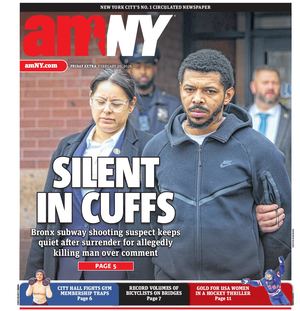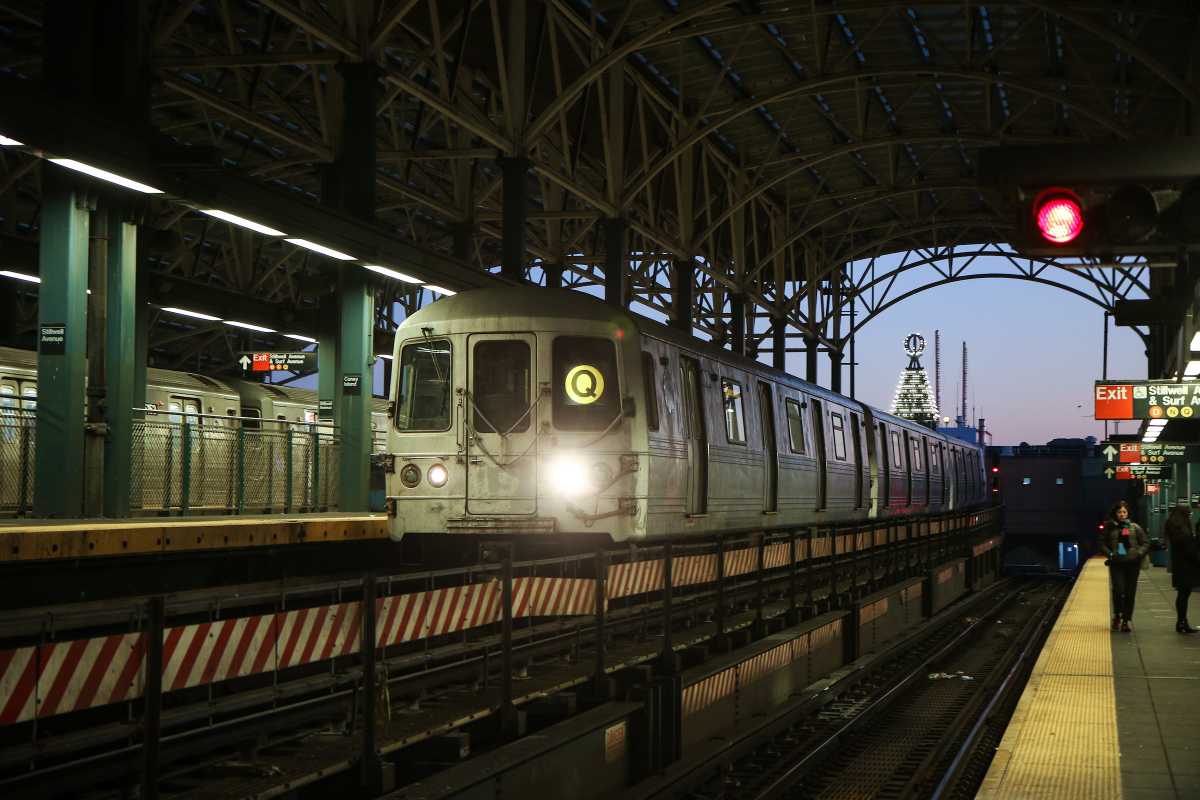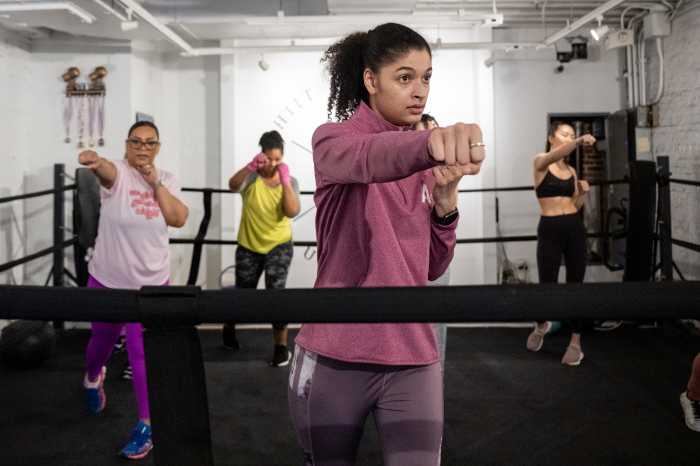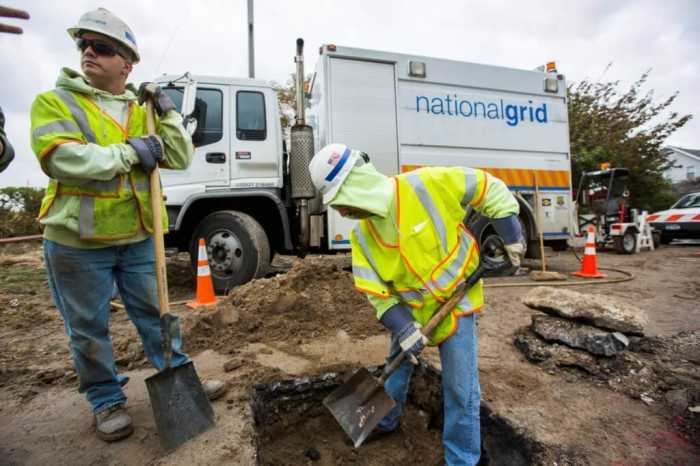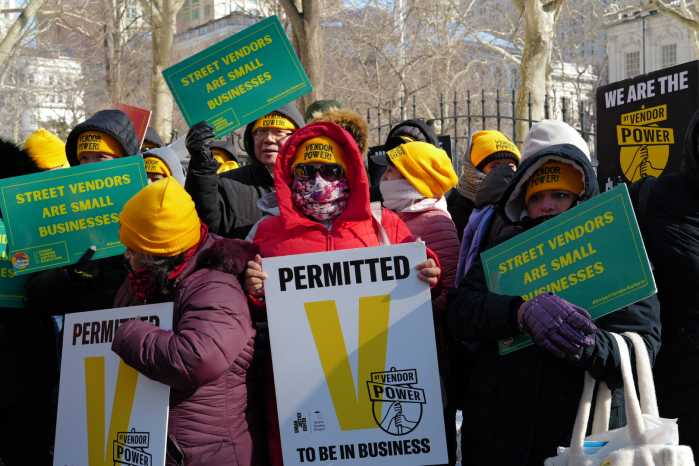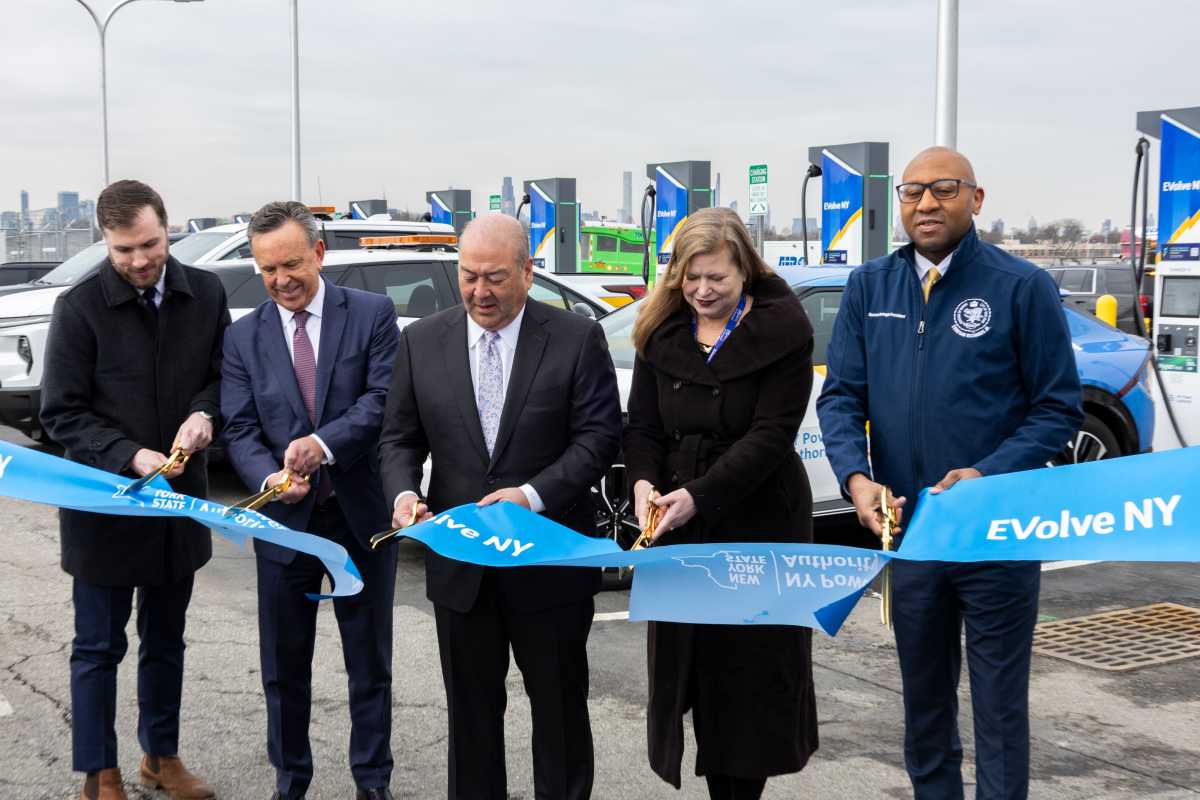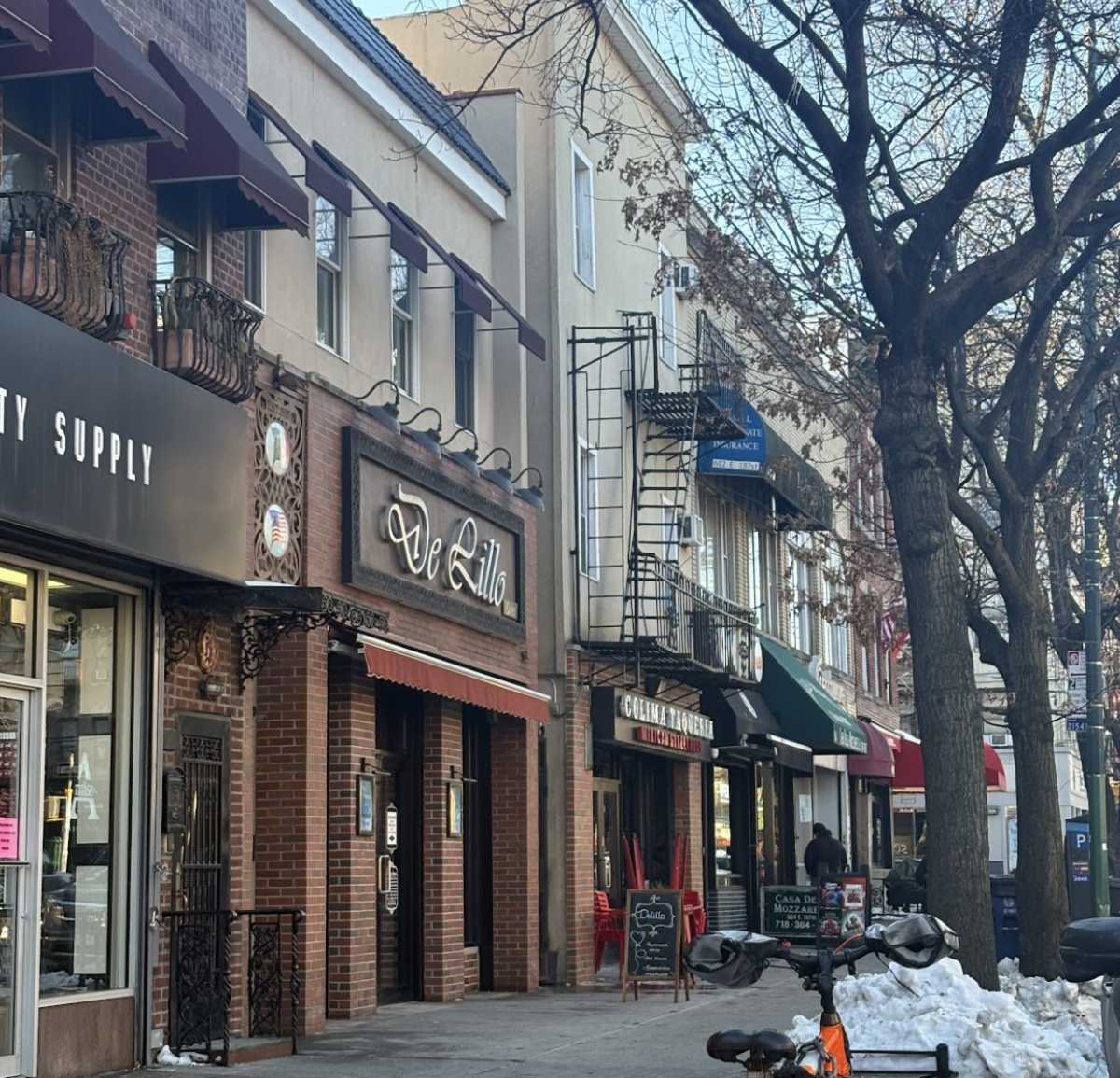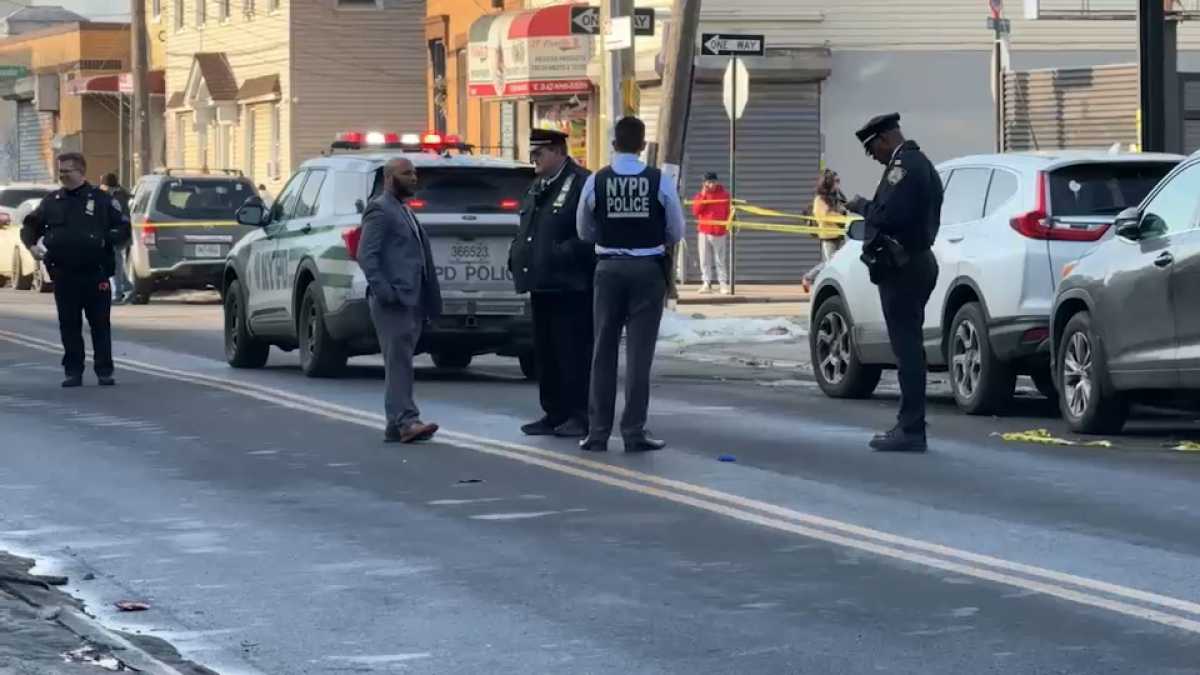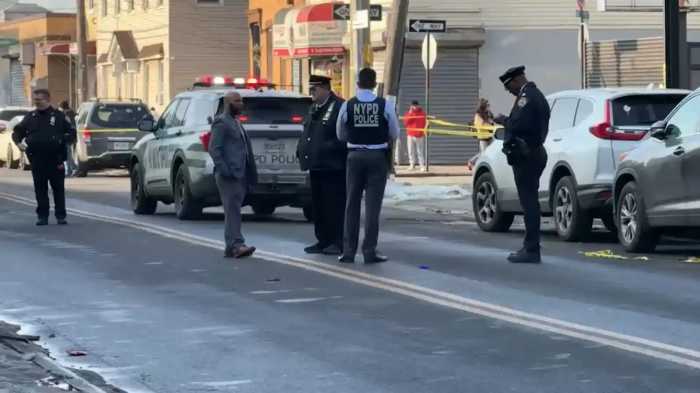The Citizens Budget Commission published a revealing survey Wednesday showing low ratings among New Yorkers regarding quality of life, feelings of safety, government services, public spending, and neighborhood satisfaction.
The “Straight from New Yorkers” survey of 1,750 New York City residents paints a bleak picture of resident satisfaction with post-pandemic NYC, extending a trend of low confidence with government since the COVID-19 pandemic struck the city in 2020. However, the survey shows a slight uptick in resident satisfaction and feelings of safety when compared to the same survey’s results in 2023.
“This is a wake up call that things are not where they need to be in New York,” said CBC President Andrew Rein. “New Yorkers are telling their leadership to focus on these priorities, and we need to do better if we’re going to keep and attract residents and businesses.”
CBC is 93 years old and aims to “achieve constructive change in the finances and services of New York City and New York State government,” its mission statement reads.
With the mayor’s race approaching, the survey reports a persisting “widespread dissatisfaction” with living conditions, the economy, and public infrastructure among the majority of New Yorkers. Here are the survey’s main takeaways.
Quality of life remains low
Roughly 34 percent of surveyed New Yorkers rated their quality of life as “excellent” or “good,” according to the survey, marking a 17 percentage point drop in that area compared to the same question in 2017, when 51 percent of respondents reported their quality of life as “excellent” or “good.” In 2023, the last time this survey was conducted, this metric stood at 30 percent.
One in four respondents rated their quality of life in New York as “poor,” the survey reported.
Notably, respondents across all income levels reported overall similar satisfaction with quality of life, with variation between, lower, middle, and upper class within only a few percentage points. The least satisfied group of respondents was those making an income of $35,000 to $50,000, 29 percent of whom reported “excellent” or “good” quality of life. Of those reporting an annual income of $0 to $35,000, 35 percent reported “excellent” or “good” quality of life — the same percent of those making over $200,000 annually who reported likewise.
“What we see across the income spectrum is that New Yorkers are dissatisfied with quality of life, and their satisfaction is far below what it was in 2017,” Rein said. “You can see it across the board.”
Those earning $50,000 to $100,000 reported slightly higher than other economic groups for quality of life, with 36 percent reporting “excellent” or “good.” Thirty-two percent of those earning $100,000 to $200,000 annually reported the same. Wealthier New Yorkers reported worse quality of life in the 2025 survey than the 2023 survey, while lower-income New Yorkers reported higher quality of life compared to 2023 overall.
“Higher-earning New Yorkers’ ratings have continued to slide recently, whereas in prior versions, higher-income New Yorkers felt better about the quality of life in the city,” Rein said. “That is no longer the case.”
Though the majority of respondents from each of the survey’s designated economic, racial, and ethnic demographic groups came in at less than 50 percent satisfaction with quality of life, Hispanic, Black, and Asian respondents overall rated their quality of life lower than white New Yorkers. While 40 percent of white respondents reported “excellent” or “good” quality of life, 28 percent of Hispanic respondents, 31 percent of Black respondents, and 33 percent of Asian respondents reported the same.
Respondents from Manhattan reported being most satisfied with quality of life overall, with 47 percent of responding Manhattanites rating their quality of life as “excellent” or “good.” In contrast, only 24 percent of Bronx respondents reported the same. Results from Brooklyn, Queens, and Staten Island came in at 31 percent, 33 percent, and 33 percent, respectively.
Feelings of safety climb, but remain lower than pre-pandemic reports
Overall, survey respondents reported feeling safe in the city and in their neighborhoods at a higher rate than they did in 2023. A spike in crime rates during the pandemic contributed to these safety concerns, and though crime rates have since dropped significantly, feelings of unease persist, according to the survey’s results, especially for Black and Hispanic New Yorkers and residents of the Bronx.
Of respondents, 42 percent rated public safety in their neighborhood as “excellent” or “good,” an increase from 37 percent in 2023 but a decrease from 50 percent in 2017.
“People’s fear has not subsided, and they are not feeling as safe, whether it be on the subway or in their neighborhood, as they were in 2017, so we need to keep the momentum going so that New Yorkers feel safe,” Rein said.
While the 2023 CBC survey dissected results for NYC’s 59 community boards, this year’s survey focused solely on the city as a whole and its five boroughs, according to Rein, in order to direct more resources to borough- and city-specific statistics.
In stark contrast to 2017, when 82 percent of surveyed New Yorkers reported feeling safe on the subway, that same response is now down to 51 percent of surveyed New Yorkers — a two percent increase from 2023. Only 22 percent of respondents in the 2025 survey reported feeling safe on the subway at night — the same as 2023 — compared to 46 percent in 2017.
In CBC’s surveys and interfacing with New Yorkers, Rein said, safety continues to remain the top issue for most. Likewise, it remains a central focus for local leaders.
“We know that that’s a priority for people, and we know that the current leadership and those who want to be leaders in the city have all placed a high priority,” Rein said. “That’s good.”
Overall dissatisfaction with city government and public services
New Yorkers continued to report strong dissatisfaction with city leadership and public services in CBC’s 2025 survey, continuing a post-pandemic trend. Even before the pandemic, in 2017, only 44 percent of surveyed residents rated overall government services as “excellent” or “good.” Now, that statistic sits at 27 percent despite small improvements since 2023 in some areas, like public education.
Respondents overall lacked confidence in the city’s emergency preparedness, ability to protect residents from terrorism, and economic growth. Only 12 percent of 2025 respondents said they thought the city spends money wisely, and just 10 percent had confidence that the city was adequately addressing New Yorkers’ housing needs.
With New Yorkers reporting strikingly low levels of confidence in city leadership, Rein said that local leaders should tune into what their constituents are asking for and think differently about government spending, safety, and public programs. He also encouraged the city to take up the task of producing the survey — though he’s proud that the CBC can offer the service, it should be the government’s responsibility, he said.
“I think the city should take it on and do it regularly at the community board level without question,” Rein said. “I would love them to do it at the community board level every few years, and then at the city-wide level, even more often.”
